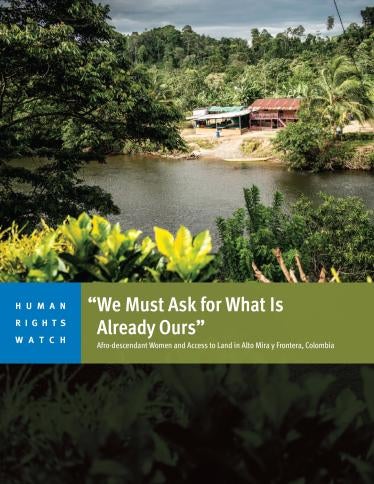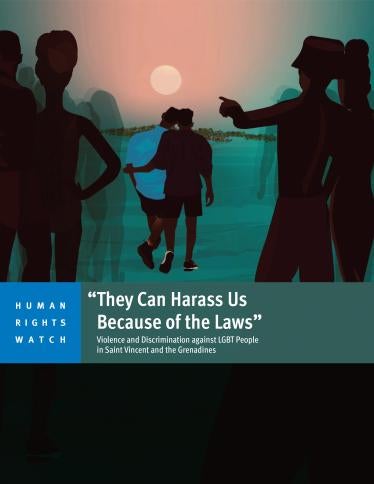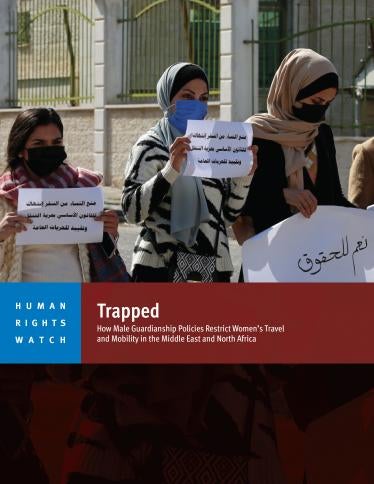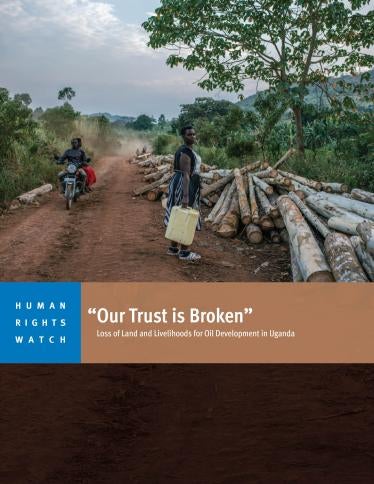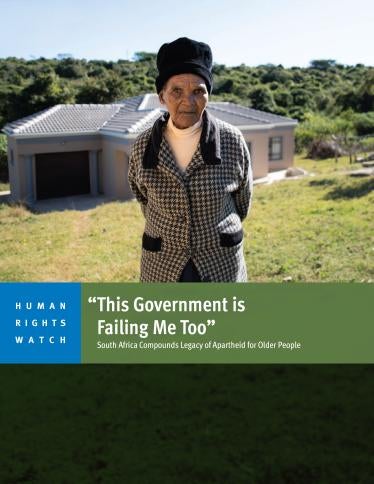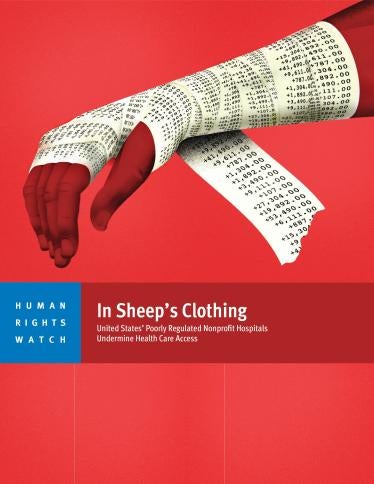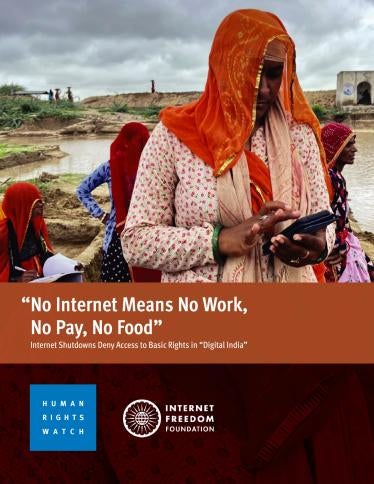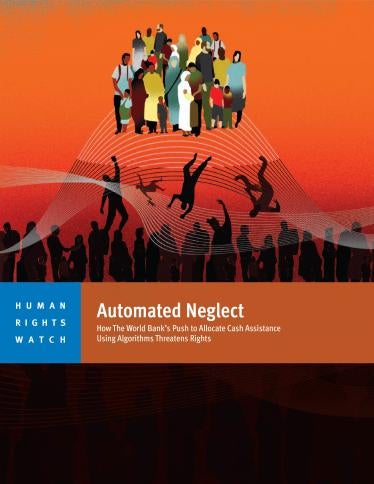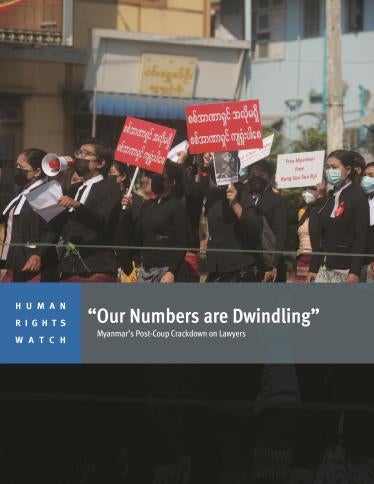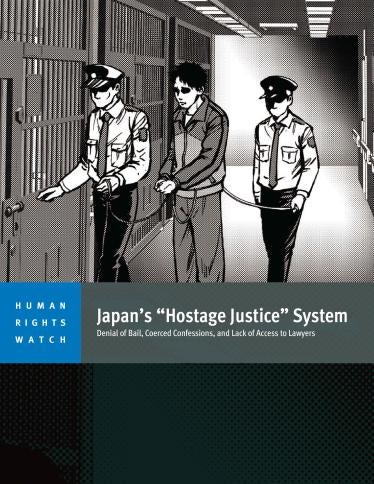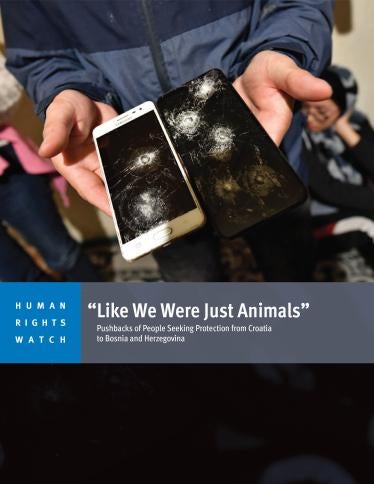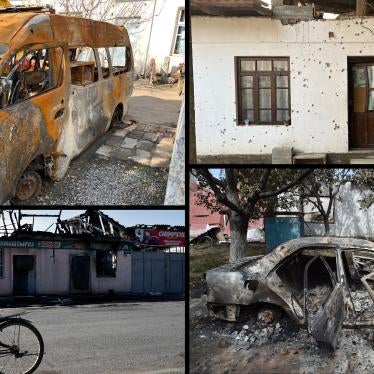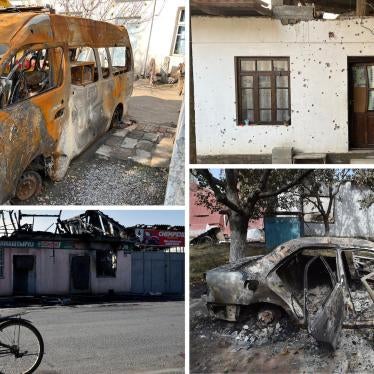Beyond Burning
The Ripple Effects of Incendiary Weapons and Increasing Calls for International Action
The 28-page report, “Beyond Burning: The Ripple Effects of Incendiary Weapons and Increasing Calls for International Action,” examines recent use of incendiary weapons in armed conflicts and their wide-ranging impacts. Human Rights Watch presents case studies of the Israeli military’s use of white phosphorous—a weapon with incendiary effects—in the Gaza Strip and Lebanon since October 2023, and the use in Ukraine and Syria of other types of incendiary weapons. Human Rights Watch also details the growing interest of many countries in addressing the multiple humanitarian concerns raised by incendiary weapons.


